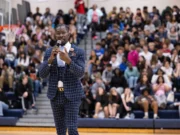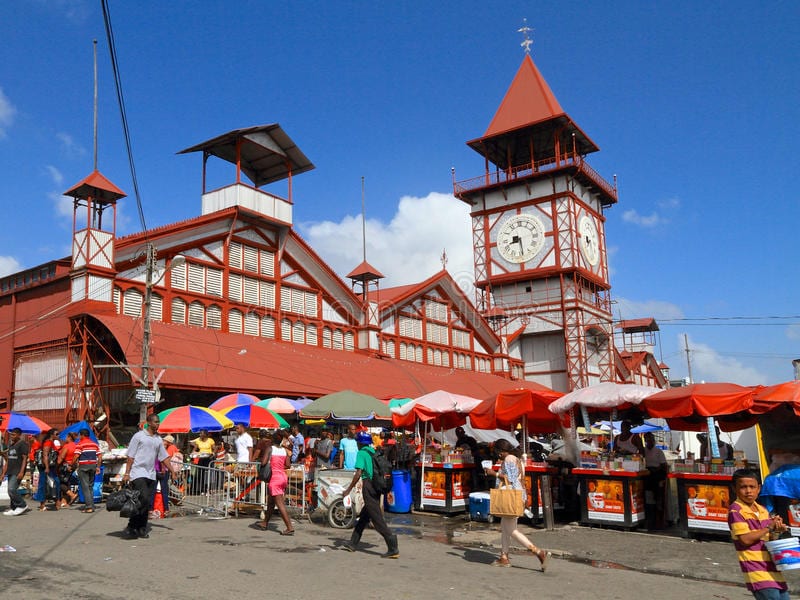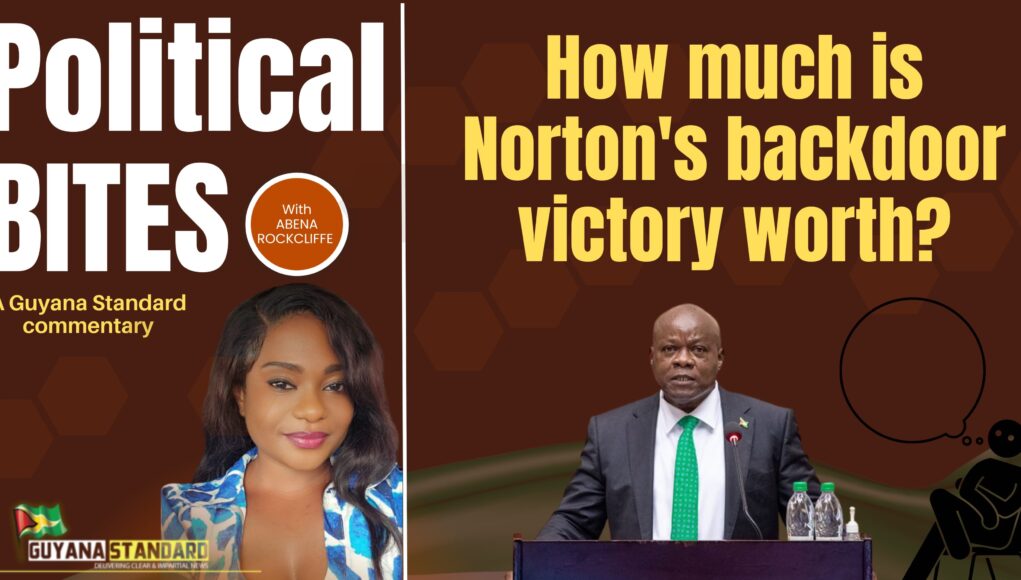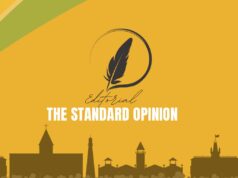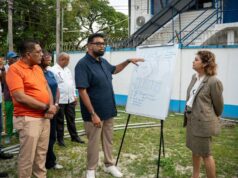By Abena Rockcliffe
My brother insists Aubrey Norton’s political acumen is formidable. He believes that, given the same resources and opportunities, Norton could have been just as big a political star as Dr. Bharrat Jagdeo. In our deliberations, my brother admitted that his penchant for Norton’s political intellect may be owed to the fact that he was Norton’s student while reading for his bachelor’s degree. Even after completing his doctorate, my brother classes Norton amongst his most competent lecturers. With that came the declaration of a possible bias.
In any case, we both agreed that politics is a game of results. No one cares how good you are in theory or even practice. Without good results, politicians are not given their stripes. I pointed out to my brother the state of the opposition under Norton’s stewardship. He retorted that, given the state of the People’s National Congress Reform (PNCR) when Norton took over, many would not have been able to hold the party together; the PNCR could have crumbled.
Some might consider holding the party together a bare minimum. While others—who place a premium on considered intricacies—find this a remarkable achievement. That feat aside, Norton’s most notable achievement thus far has been his ability to pull from the Alliance For Change’s (AFC) support base.
Before that, the People’s Progressive Party/Civic (PPP/C) and its supporters were having a field day. That party basked in the glory of the destabilisation optic. Resignations from the PNCR were being penned left, right and centre. Most of those who resigned, baggage laden or not, headed over to the very PPP/C. It appeared as if those persons were jumping from a “sinking ship” to the ship of buoyancy, as Dr. Jagdeo likes to put it. Then, Amanza Walton Desir resigned, not to join the PPP/C, but to start her own party. Things began to look so bad that the internet mocked Norton as rivalling Stichie as Guyana’s best one-man band.
News soon broke about some Alliance For Change (AFC) crossovers. Initial reports indicated that three AFC stars—Juretha Fernades, Sherod Duncan and Ricky Ramsaroop—were ready to throw whatever political weight they have behind the APNU. We learned that Fernandes, a woman of indigenous heritage, will be Norton’s running mate, his prime ministerial candidate.
Even Ruel Johnson, who has become one of the more boisterous critics of Norton and other figures in the opposition, commented that this stroke garnered Norton some points in the political game.
Since then, we have seen a few more crossovers. Norton is no longer likened to the cheese that stands alone. The optics appear a tad bit more in his favour. But what does this mean in political dollars and cents? How big a deal are these AFC crossovers, and what impact will this have on APNU’s fate come September 1st ?
Onlookers must remember the birth of AFC.
Raphael Trotman and Khemraj Ramjattan were Members of Parliament when they decided to form the alliance. Trotman sat for PNCR and Ramjattan for the PPP/C. They presented themselves as the alternative.
While they must have inspired new voters, that is, people who have never voted PPP or PNCR, the majority of AFC supporters are those who turned away from tradition.
Many of these are people who were no longer content with the direction of the traditional parties but would not defect to each other. There were Guyanese who lost admiration for the PPP but could not bring themselves to vote PNCR and vice versa.
It is therefore not farfetched to assume when Norton pulls support from the AFC, he is pulling persons who are likely sympathetic to the PPP or PNC and with the weakening of the AFC, persons who are not “die hard” AFC, will likely turn back to their parties.
To measure the result of Norton’s maneuvering, one will have to understand the ilk of those being drawn to him. Would they have otherwise supported the PPP/C?
It may not be enough to gauge from the first three crossovers. But that measurement can be used as a good start.
Duncan, a young black man; Fernandes, an indigenous woman and Ramsaroop, an Indo-Guyanese. All three are Members of Parliament, assumed to have their own followers, especially Duncan, who commands a large following on social media.
Let’s assume, if Duncan carries over any votes, it will be those already sympathetic to the PNCR. Because of his social media pull, he might be able to garner some young voters.
Understanding the pull of Fernandes and Ramsaroop is pivotal. If Fernandes can attract a significant number of indigenous voters, and if Ramsaroop can pull indo-Guyanese voters, then the move to pull those AFC candidates was as masterful as touted.
But can this maneuvering behind the back of Hughes, notwithstanding the nuances of the explanations provided by various parties, be truly dubbed genius if it turns out to be a simple split of opposition votes? Or is it just another strong-arming tactic against the AFC. The election results will give us the answer.



